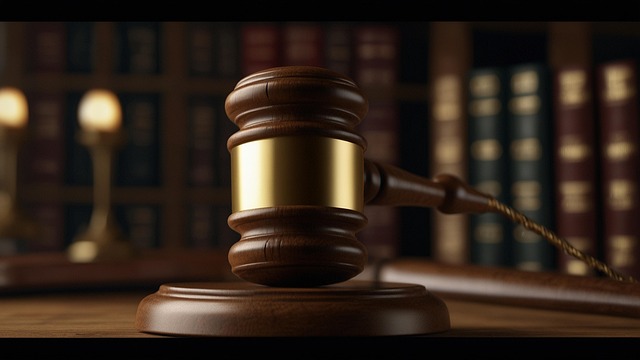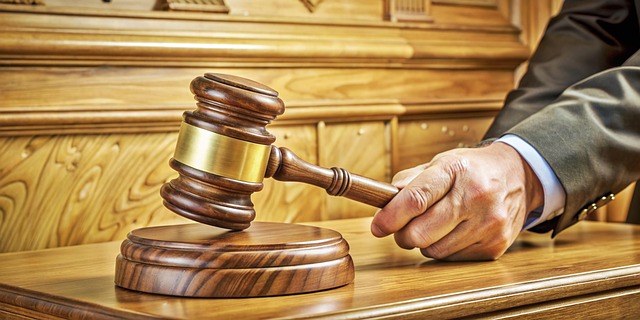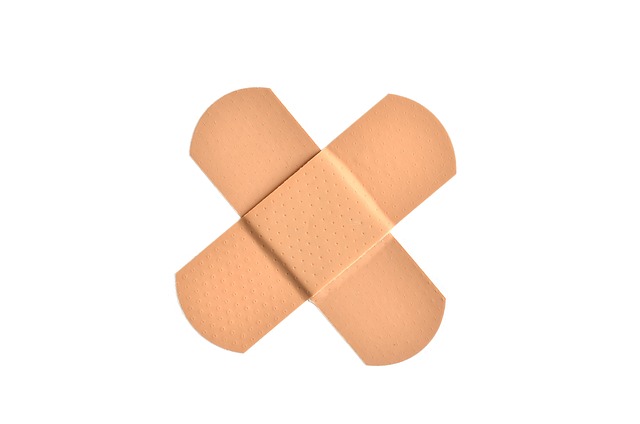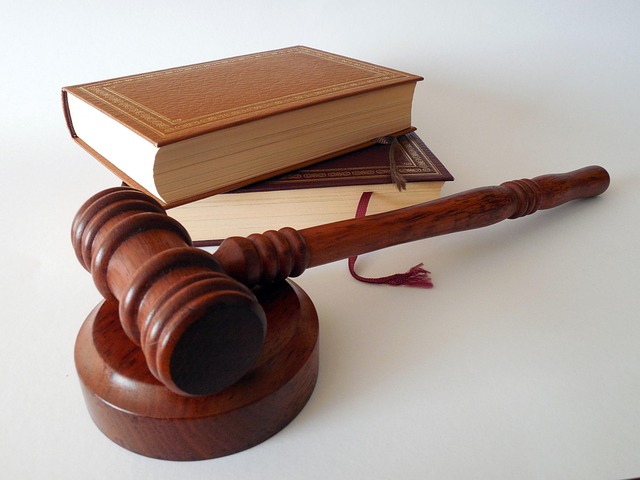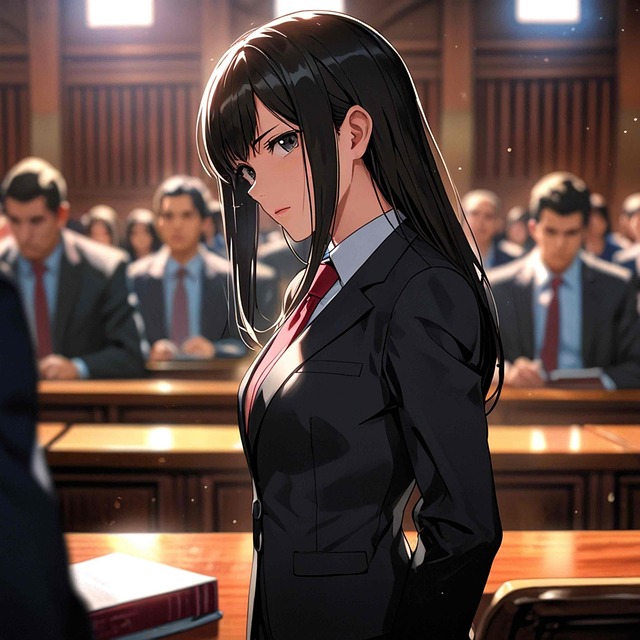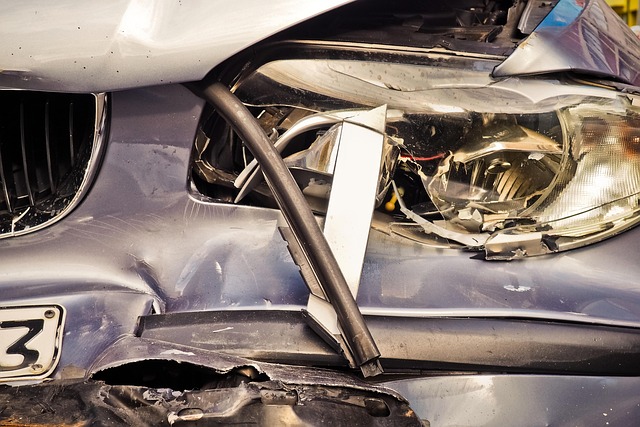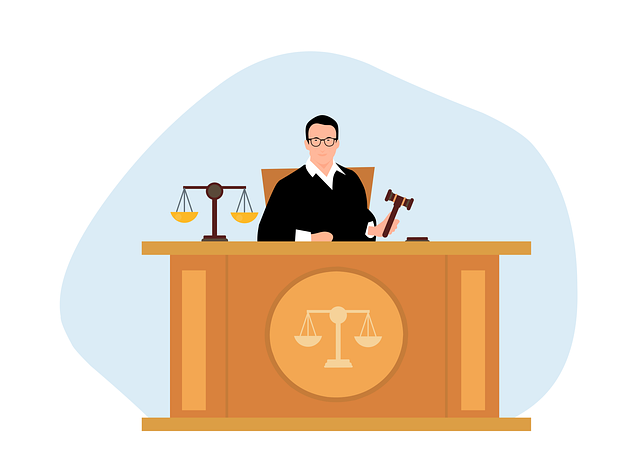Recognizing symptoms like headaches, dizziness, and blurred vision is crucial for immediate response after a motorcycle accident with head injury. Even minor injuries require prompt medical attention to prevent long-term complications. Individuals should seek legal guidance from an auto accident attorney for compensation and care during recovery, involving specialized medical professionals, physical therapy, and emotional support for a holistic approach.
“In the aftermath of a motorcycle accident, recognizing and responding to head injuries is paramount. This comprehensive guide serves as your first step towards managing and recovering from potential head trauma. Understanding the critical signs and symptoms is essential for immediate action, ensuring prompt medical attention. From post-crash assessments to long-term care strategies, this article equips motorcyclists with the knowledge needed to navigate the challenges of head injuries, emphasizing swift response and effective recovery paths.”
- Recognizing Symptoms of Head Injuries Post-Accident
- Immediate Actions After a Motorcycle Crash for Head Trauma
- Long-Term Care and Recovery Strategies for Motorcyclists with Head Injuries
Recognizing Symptoms of Head Injuries Post-Accident

After a motorcycle accident, recognizing the symptoms of a head injury is crucial for immediate first response and long-term recovery. Common signs include headaches, dizziness, nausea or vomiting, blurred vision, sensitivity to light or noise, and confusion or slurred speech. More severe indications might be loss of consciousness, memory lapses, balance issues, or prolonged drowsiness. These symptoms can vary widely in intensity, from mild to life-threatening.
It’s important to remember that even seemingly minor head injuries should be taken seriously. Individuals involved in auto accident injuries, especially motorcycle accidents, must seek medical attention promptly. An auto accident attorney can guide victims through the process of claiming compensation for their auto accident injuries and ensuring they receive proper care and support during recovery.
Immediate Actions After a Motorcycle Crash for Head Trauma
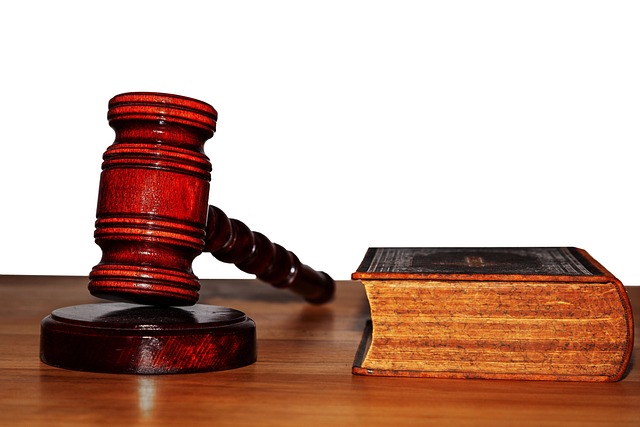
In the immediate aftermath of a motorcycle accident resulting in head trauma, swift action is paramount. The first few minutes are critical for minimizing potential long-term effects. If possible, move the rider to a safe location away from traffic, ensuring their breathing and heart rate are stable. Call emergency services immediately; time is of essence when dealing with head injuries. While waiting for help, do not attempt to move the victim unless they are in immediate danger, as this could exacerbate the injury.
Check for signs of consciousness, responsiveness, and normal breathing. If the rider is conscious, ask simple questions to assess their mental state. Keep them still and comfortable if possible. If they lose consciousness or exhibit any concerning symptoms like severe headaches, nausea, dizziness, or blurred vision, do not let them sleep; keep them awake and alert. These initial steps are crucial in managing motorcycle accident head injuries, setting the foundation for proper medical treatment, and potentially preventing severe long-term complications, even if unrelated to business litigation, slip and fall injuries, or real estate litigation.
Long-Term Care and Recovery Strategies for Motorcyclists with Head Injuries

Recovering from a motorcycle accident involving head injuries can be a long and challenging process, requiring specialized care and support for those affected. Many motorcyclists may face significant cognitive and physical impairments that impact their daily lives. Therefore, implementing effective long-term care strategies is essential to enhance recovery and improve overall quality of life.
One crucial aspect is ensuring access to specialized medical professionals who understand the complexities of head injuries. This may include neurologists, neuropsychologists, and rehabilitation therapists who can provide tailored treatments. Additionally, support from elder law experts can be invaluable for navigating legal and financial matters, especially if the injury leads to long-term disabilities. Creating a comprehensive care plan that incorporates physical therapy, cognitive rehabilitation, and emotional support services can foster a smoother recovery journey.
A motorcycle accident can result in severe head injuries, making prompt recognition of symptoms and immediate action crucial. By understanding the signs and taking the necessary steps outlined in this guide, motorcyclists can enhance their chances of a successful recovery. Long-term care strategies play a vital role in managing potential cognitive and physical impacts, emphasizing the importance of seeking professional support for comprehensive healing. Remember, quick response and comprehensive care are key to navigating the challenges of motorcycle accident head injuries.
